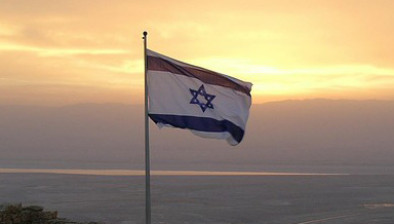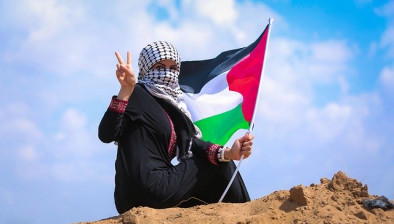Human rights experts welcome Irish intervention in ICJ genocide cases

Human rights experts have welcomed the Irish government’s decision to intervene in cases alleging genocide by Israel and Myanmar in the International Court of Justice (ICJ).
Tánaiste and foreign affairs minister Micheál Martin yesterday confirmed the government will intervene in South Africa v Israel as well as The Gambia v Myanmar.
“There has been a collective punishment of the Palestinian people through the intent and impact of military actions of Israel in Gaza, leaving 44,000 dead and millions of civilians displaced,” Mr Martin said.
“By legally intervening in South Africa’s case, Ireland will be asking the ICJ to broaden its interpretation of what constitutes the commission of genocide by a state.
“We are concerned that a very narrow interpretation of what constitutes genocide leads to a culture of impunity in which the protection of civilians is minimised.
“Ireland’s view of the Convention is broader and prioritises the protection of civilian life — as a committed supporter of the Convention, the government will promote that interpretation in its intervention in this case.”
Mr Martin added: “Intervening in both cases demonstrates the consistency of Ireland’s approach to the interpretation and application of the Genocide Convention.”
Michael Becker, an assistant professor of law at Trinity College Dublin who specialises in international law and human rights, told Irish Legal News it makes “good strategic sense” for Ireland to intervene in both cases.
“Ireland will be able to adopt a consistent position across both cases regarding how the Genocide Convention should be interpreted and applied,” he said.
“Because some of the legal issues in South Africa v Israel will also be addressed by the ICJ in the case against Myanmar, which will be decided much sooner, it makes sense for Ireland to get its views before the ICJ sooner rather than later.”
He continued: “While the Tánaiste has said that Ireland will ask the ICJ to broaden its interpretation of what constitutes genocide, I suspect that what this actually means is that the government will be urging the ICJ to adopt a more flexible and realistic approach to how it establishes the existence of genocidal intent.
“In particular, Ireland and other states may ask the court to clarify that the existence of other possible objectives in an armed conflict, such as counter-terrorism, does not preclude the simultaneous existence of genocidal intent, meaning a state policy aimed at the physical destruction of a specific population group.
“In other words, Ireland and other intervening states may end up urging the ICJ to accept that a policy of genocide can be the instrument to achieve other state objectives.”
The Irish arm of human rights organisation Amnesty International — which last week published a landmark report concluding that Israel’s actions in Gaza meet the legal definition of genocide — also welcomed the decision.
Stephen Bowen, executive director of Amnesty Ireland, said: “It offers some glimmer of hope for international justice that states such as Ireland are coming forward to intervene in these crucial cases.
“Past impunity for atrocity crimes, including genocide, fuels the atrocities we see before our eyes today, especially in Gaza.”
He added: “While we welcome Ireland’s actions, we demand more. We encourage them to be bolder, as the long-term importance of this crucial international justice intervention must sit alongside immediate and visible actions, in concert with other like-minded states, to stop the slaughter.
“The self-imposed powerlessness of states must end. Those like Ireland who have called for a ceasefire must join with other like-minded states to create this common platform to end the genocide. They must be resolute, they must be relentless, they must be loud, clear and visible. This is genocide. This must stop.
“We again call for an immediate ceasefire. States must be compelled to stop the transfer of weapons to Israel, and Israel’s allies must exert their pressure for full and unimpeded access for life-saving food and supplies with immediate effect.
“Every effort must be made to achieve these measures now, and certainly before Christmas.
“Ireland must use its leverage to full effect when a people are being starved by a state-induced famine in the midst of a genocide. Ireland can do more, and it can do that in concert with others — visibly, firmly, and proudly. History demands it of us.”
Ireland previously intervened in the ICJ case taken by Ukraine against the Russian Federation under the Genocide Convention.










